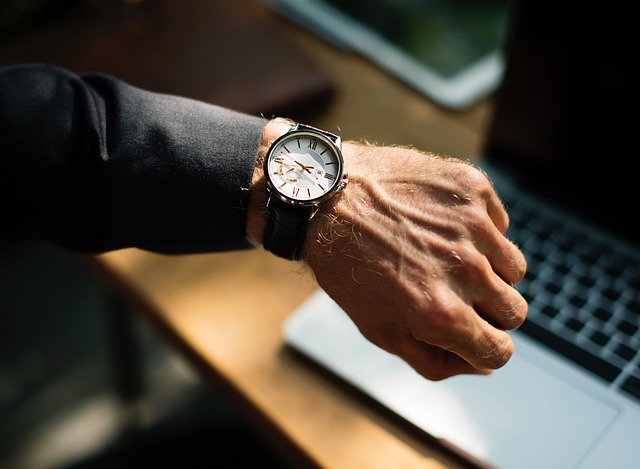Addiction can be a lethal disease and often is. However, this does not have to be the case. Not by any stretch of the imagination. Recovery is possible and millions of people have recovered, going on to have very fruitful and productive lives. That said, it is important to understand that recovery is a process, and it is a very difficult process for most. The process of recovery takes time. Long term recovery takes effort throughout the recovering person’s life. There are a variety of factors that can impact the recovery process both positively and negatively. It is also important to differentiate the treatment process from the recovery process. The treatment process is the first part of the overall recovery process.
In an addiction treatment center setting, decisions on whether someone needs less or more time in a level of care is primarily a clinical and medical one and the pertinent professionals in those areas are responsible for making those decisions. Those decisions are based on the progress or lack thereof of the person receiving the treatment.
DETOXIFICATION
A person in active addiction is likely to need detoxification. The Detoxification Level of Care (LOC) is the first step in the treatment process. The body and mind must be clear of the bulk of the addictive substance or substances before any clinical treatment occur. This treatment is 24/7 care and typically takes 5 to 7 days though it can take longer. Factors that affect the length of detoxification include the substances used by the person, the amounts consumed, and the duration of the active addiction. Detoxification from substances such as alcohol, benzodiazepines, and opioids can be particularly difficult requiring longer durations in this level of care.
RESIDENTIAL
The next stage in the treatment process is usually some form of post-detoxification care often referred to as the Residential Treatment LOC. In this phase, clinical treatment, even in for small increments of time, begins as the body and mind begin to heal. It typically lasts 2 to 3 weeks though it can take longer depending on the individual’s progress. While this level of care is still 24/7, the person has more freedoms to walk around, participate in certain activities clinical and otherwise, as they become healthy enough to do so. Again, primary factors determining the length of stay are determined by the mental and physical progression of the person’s health. Certain people may require 30 days or more in the Residential LOC.
DAY/NIGHT TREATMENT
After this phase of treatment is completed the Day/Night Treatment LOC (often referred to as PHP or Partial Hospitalization LOC) is most often required. In this level of care, clinical treatment is the major emphasis. Typically, people are in groups 9 AM to 3 PM, 5 to 7 days per week. The work to “reprogram” the mind is the major focus. The goal is to change how a person thinks – away from addictive thinking to and toward healthy thinking. The Day/Night Treatment LOC is often 3 to 4 weeks depending on the individual’s progress. People with more severe underlying mental issues may enter a Mental Health Residential LOC for 1 to 3 weeks prior to Day/Night Treatment. Often with the Day/Night Treatment LOC, people will live in the associated housing and are monitored around the clock though not as intensely as in the Detox, Residential, or Mental Health Residential levels of care. Those who do a Mental Health Residential LOC reside in the associated housing and monitored similarly to those in the Residential LOC.
IOP/OP
The next phases of treatment are the Intensive Outpatient (IOP) and the Outpatient (OP) LOC’s. These are the next logical LOC’s in the treatment process. In these levels of care people are in treatment for up to 3 hours, five days per week in the IOP LOC to 2 to 3 hours per week as they progress to the OP LOC. In these levels of care, clients are living in the sober living facilities of the treatment center, or other accredited sober living facilities, or at home. Often, these people are resuming work, attending 12 step or other recovery meetings regularly, and reintegrating back into life. The IOP LOC can last from 3 to 6 weeks whereas the OP LOC can go on for months if the clinicians and person receiving the treatment believe there is benefit in doing so.
In short, the treatment part of the recovery process typically last 60 to 90 days. However, the recovery process requires a lifetime of effort. The recovery process after treatment is the essential component involved if someone is to truly maintain sobriety. Most people in recovery require some type of ongoing, structured program or approach to life. This can be done in several ways such as going to 12 step meetings regularly, performing daily routine activities such as prayer, meditation, etc. There are many approaches, however, the research indicates that a 12-step approach to ongoing recovery works for a larger percentage of people.


